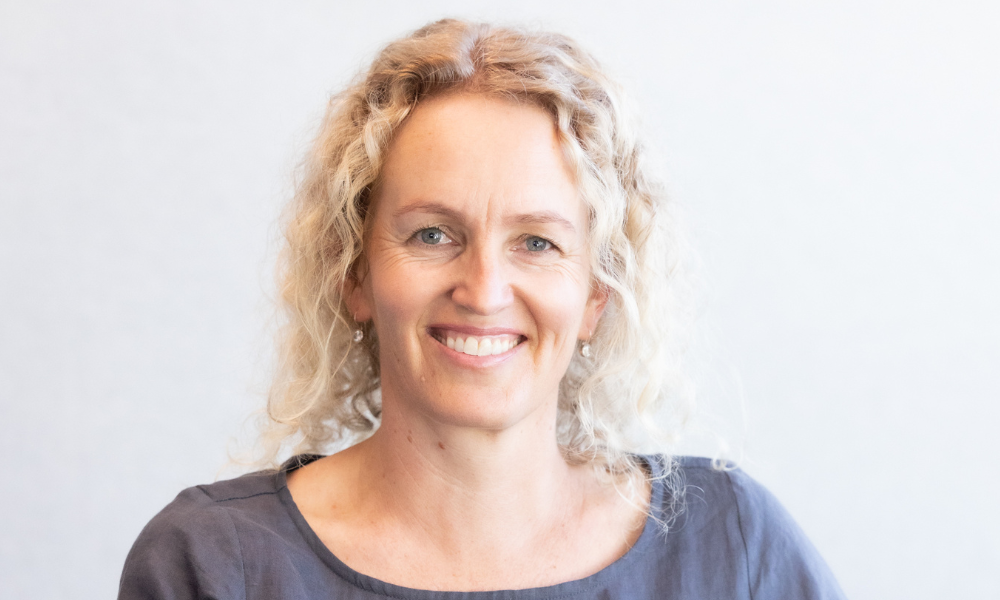
CPO: 'It's a fundamental thing to do as a socially responsible employer'

Last week, Clemenger Group NZ became the latest Kiwi corporation to publicly report their gender pay gap. At 8.3%, the company is around half of the national average of 16.7% (reported by Strategic Pay in 2022).
“The gender pay gap in New Zealand hasn't moved for a decade,” said Melissa Anderson, chief people officer at Clemenger Group NZ. “I think, for companies operating in this modern era, it's just a fundamental thing to do as a socially responsible employer.”
The company has a number of females in really senior positions, she said.
“Anecdotally, I don't think 5-10 years ago, that would have been the case. We just want to do everything we can to ensure that our females are going all the way through and getting to the top.”
The work at Clemenger started a year ago when the company made the move to start reporting the data internally. At the time the gap was around 15%.
“Our starting point was ‘Let’s collect the data, lets understand the data, let’s drive the conversations at the right level,’” said Anderson. “It led to some really interesting discussions around why that is, how that is, and making sure we’re looking at the recruitment stage and promotion stage a little bit more carefully.”
The decrease over the last year hadn’t been because the company had implemented any specific initiatives to close the gap --it came down to a change in mindset, she said.
“[It’s about] having that mindset of ‘Are we making the right decisions, and is gender from an unconscious bias point of view playing into this?’ And ensuring we're applying that lens to make sure there’s a bit more of a focus on the moments that matter.”
While the Labour government has said they will make gender pay gap reporting mandatory, this relies on the party being re-elected, but Anderson believes that all organisations should be voluntarily reporting anyway.
“It's quite an easy first step to do, I think, as a next move for all companies to be able to voluntarily report. You're not having to put any initiatives in place. You're really just understanding and being transparent. And if that alone can reduce it, then we’re already making traction,” she said.
The “Mind the Gap” register which was launched last year as a platform for organisations to voluntarily report their gender pay gaps, has 250 businesses already publicly detailing their gender pay gap.
“When you go into the registry, there’s a lot of companies there, but actually, there’s a whole lot missing,” said Anderson. “We know from research overseas that gender pay transparency does, even by just reporting it, start to close the gap.”
Since the gender pay gap hasn’t moved for a decade, what we’re doing currently isn’t working, she said.
“Until we understand what it is and start to have those conversations, we’ll never close the gap and that’s why it was important for us to join the movement.”